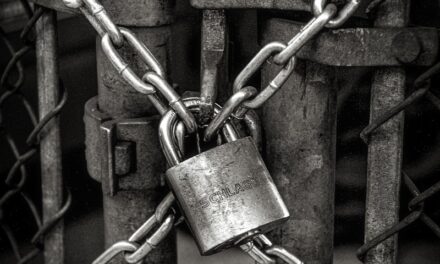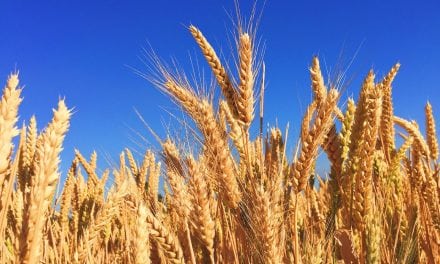Matthew 9:35–38: Plentiful Harvest, Few Workers
Introduction
As we come to the second major section of the Gospel of Matthew, the focus changes, even while it remains the same. Still we read about our incomparable Savior, the Lord Jesus Christ, who came into this world to save desperate sinners like you and me. Still we read about his unparalleled compassion for the weak and wounded, sick and sore. Still we discover his relentless efforts to bring many sons to glory. Yet, now Jesus introduces a new part of his plan—a strategy that he has used to expand the gospel of his kingdom throughout the globe. Here, Jesus begins to send other people to minister on his behalf. Here, we see that Jesus shepherds his sheep through undershepherds.
Discussion Questions
1. What did we see Jesus do in the first part of his public ministry (Matt. 4:17–9:34)? How did we see him teaching, preaching, and healing (Matt. 4:23)? What role did the disciples play in Jesus’ ministry during this time? What role did the crowds play in Jesus’ ministry during this time? Why did Jesus begin his public ministry by laboring on his own in this way? What do we learn from this about Jesus’ unique role in God’s plan of redemption?
2. How does v. 35 signal the start of a new section of this Gospel (cf. Matt. 4:23)? What is the same about Jesus’ ministry? How might the shift from “all Galilee” to “all the cities and villages” suggest a new approach to Jesus’ ministry? What does Jesus see when he looks upon the crowds? What does “harassed” mean? What does “helpless” mean? What significance is there to the phrase, “sheep without a shepherd”?
3. What is similar about the imagery of “sheep” and “shepherds,” and then “harvest” and “laborers”? What is different about the two images? To whom does Jesus confide his evaluation of the spiritual needs of the crowds (v. 37)? What does that suggest about the role that they will take in this work (see Matt. 10:1–4)? What unique work did the first apostles do? What part of their work carries over even to the modern church today?
4. In laboring to bring in the harvest, what role has God appointed pastors (teaching elders) to do? What role has God appointed ruling elders to do? What role has God appointed deacons to do? Why are all these officers necessary today? What roles has God reserved for his entire church? What specific task does Jesus call us to in seeking to raise up more laborers for the field? How might you incorporate this kingdom prayer in your prayer life?




